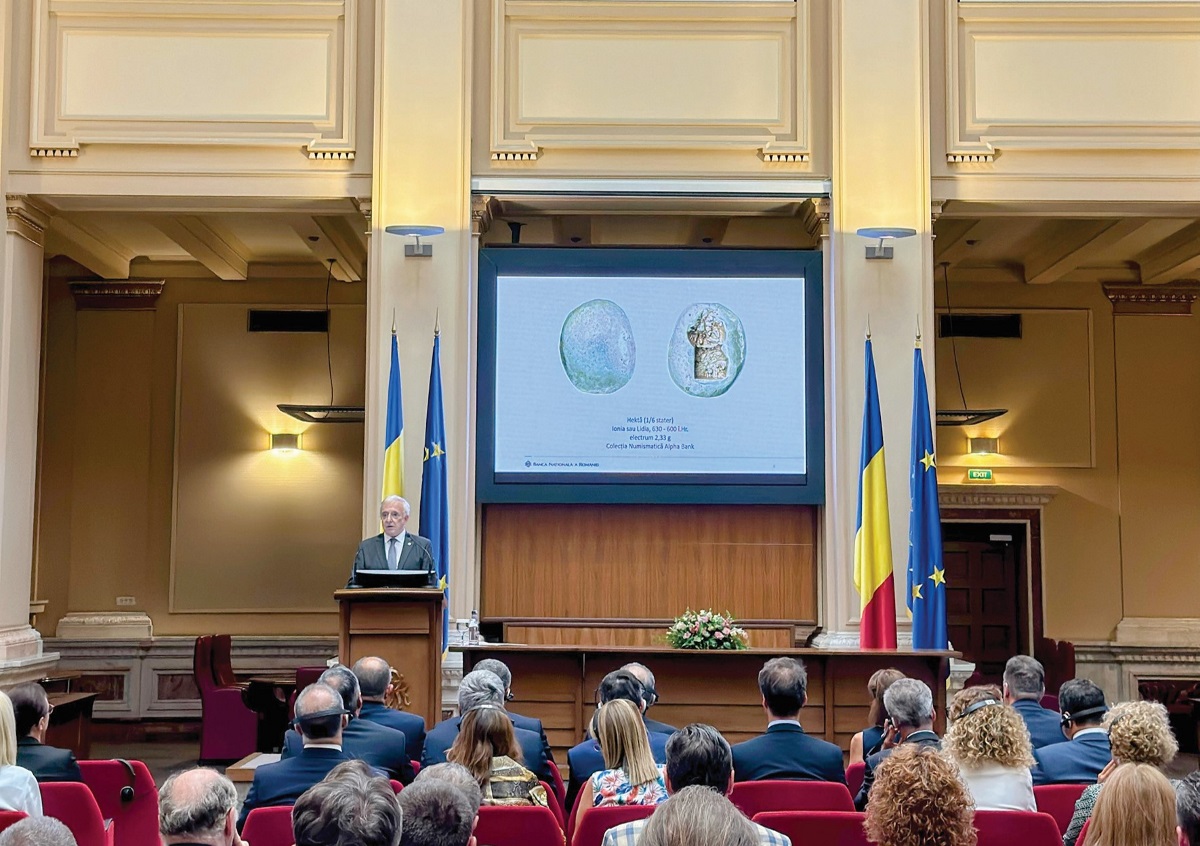
Crypto-risks
Foto: denisismagilov / depositphotos.com
A Latin American country – the Republic of El Salvador – staked its economic salvage on a cryptocurrency (bitcoin), but President Nayib Bukele saw more than 55% of his bailout crumble this summer as the price of bitcoin plummeted. Country’s debt skyrocketed to 90% of GDP, as well as the fear that El Salvador will default, and the “bitcoin experiment” proves to be rather an adventure than a “cool” salvation vision.
Why should it have been “cool”? Because last September, El Salvador became the first country in the world to adopt bitcoin as a legal payment instrument, launching a virtual national wallet called “chivo” (the local equivalent of the slang term “cool”) that offered free-of-charge transactions and allowed fast cross-border payments. The experiment involved building an infrastructure of bitcoin ATMs across the country and requiring all businesses to accept the cryptocurrency.
El Salvador is overwhelmingly a cash economy, about 70% of inhabitants have no bank account, do not use credit cards or other traditional financial services. That’s why “chivo” was seen as a visionary step aimed at bringing all those who had never been part of the banking system into the financial reality of the third millennium. But El Salvador is mired in an economic crisis and it doesn’t look like it can be saved by this nationwide bet on bitcoin, even though its finance minister Alejandro Zelaya says bitcoin implementation is “gaining ground” and has been beneficial for El Salvador’s unbanked population, attracting tourists and investment.
It is obvious that bringing any revolutionary vision to life entails costs and risk taking. But, at least for the moment, the “crypto-risks” – let’s call this way the risks associated with encryption and especially decryption of crypto-currencies – fall far too heavily in the financial balance of a country on the edge of the abyss, and also of a simple person eager to win.
Not at all coincidentally, the European supervisory authorities have repeatedly warned the consumers that many crypto-assets are highly risky and speculative. The warning comes amid increased consumer activity and interest in crypto-assets and aggressive promotion of these assets and related products to the general public, including through social media. Also the Romanian Financial Supervisory Authority (ASF) deals extensively with the topic of crypto-currencies, especially in the context of the collapse of the value of these extremely risky assets, in this year’s first edition of the Report on the Stability of Non-banking Financial Markets. Although it is not in charge of supervising the crypto markets, ASF is concerned with the behavior of these assets, in the context in which more and more consumers in Romania are accessing them.
The citizens face the very real possibility of losing all their invested money if they buy these assets and should be aware of all the risks and misleading advertisements, promoted especially in the social media. In particular, the consumers need to be aware of the lack of protection, as the “crypto-risks” do not fall within the existing protection under the current EU financial services rules.
Daniel Apostol
Share
Share















